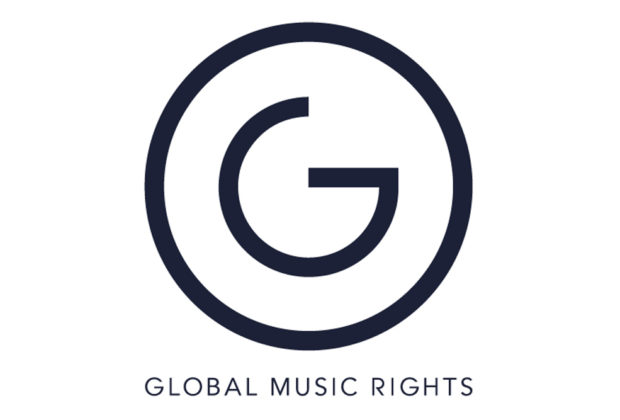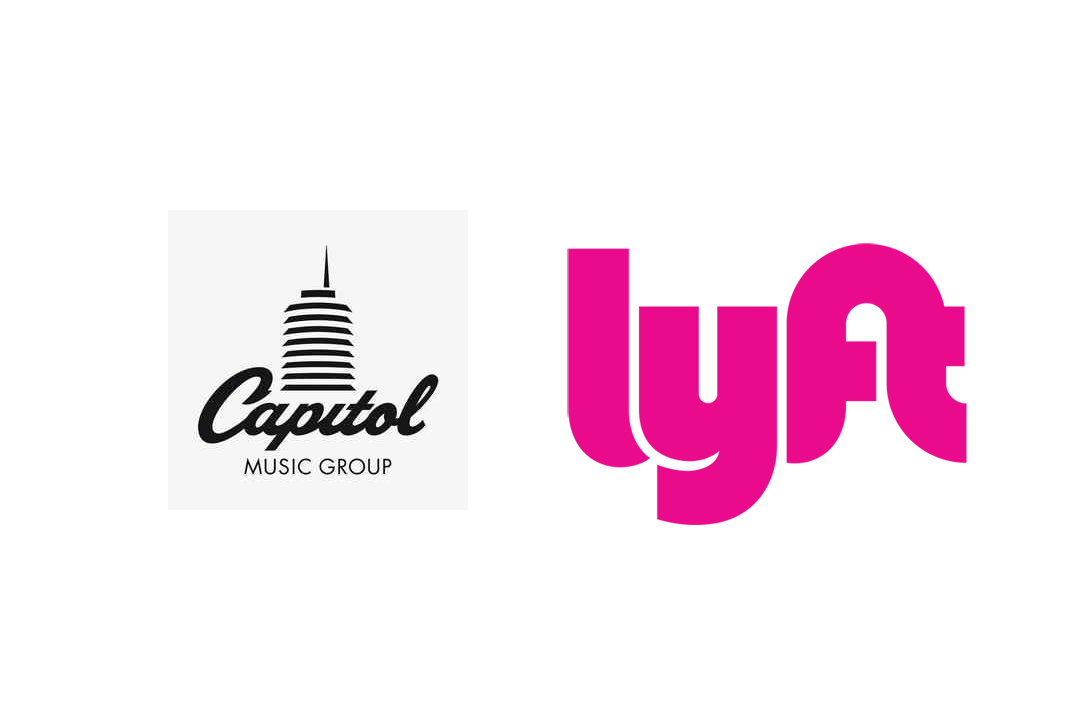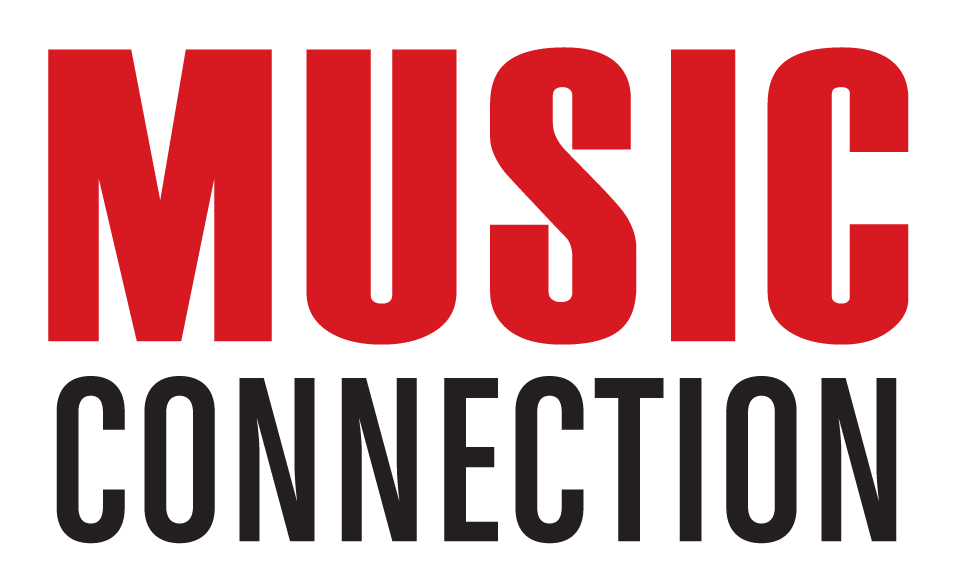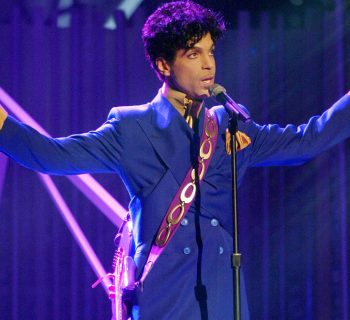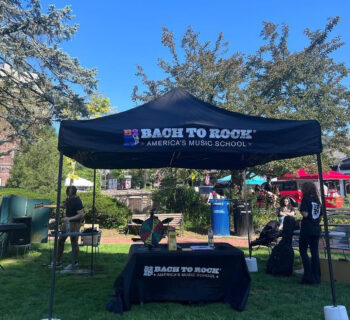In a victory for songwriters, the US Department of Justice today weighed in on behalf of Global Music Rights (GMR) in its lawsuit against the Radio Music Licensing Committee (RMLC) and urged a federal court to reject RMLC’s attempts to misconstrue the laws that prohibit its illegal, price-fixing, cartel behavior.
In a starkly worded filing, the Department of Justice’s Antitrust Division stated that “Competitors’ naked agreements to fix prices”—such as the cartel operated by the RMLC—“are one of the most pernicious forms of anticompetitive restraints that violate Section 1 of the Sherman Act.” DOJ methodically dismantled the RMLC’s attempt to justify decades of illegal collusion to pay songwriters below-market rates. Justice also called on the court to reject the core RMLC arguments in the litigation.
“The court filing by the Department of Justice reaffirms the legal position of GMR and vindicates the rights of artists and songwriters to be free from illegal price-fixing by radio stations,” said Daniel Petrocelli, lead counsel for Global Music Rights.
Today’s statement of interest from the nation’s chief antitrust enforcer is a setback for the RMLC—a 78-year-old cartel that dominates the $22 billion terrestrial radio industry—and a significant win for GMR and all songwriters. GMR has consistently maintained that members of the RMLC illegally collude with one another to suppress rates paid to songwriters and composers for the public performance of their work.
“Today is a great day for artists, who have been bullied by the RMLC since the dawn of the modern radio industry,” said GMR founder Irving Azoff. “Advocating on behalf of artists is our founding principle, and we refused to allow this unfair status quo to continue. We believe the days of this brazen, long-running cartel are now numbered. GMR has never been prouder to stand with songwriters to fight back.”
Founded in 2013, GMR is the newest and most innovative player in the stagnant industry of performance rights licensing. GMR takes a fresh approach to licensing the performances of songs written by a small roster of popular songwriters, such as Drake, Bruce Springsteen, Bruno Mars, the Eagles, and Smokey Robinson. The work of these artists drives radio stations’ revenue and profit, but due to decades of artificial price suppression by the RMLC cartel, songwriters receive just a tiny slice of the revenue they create for radio stations.
For over half a century, the RMLC has been the vehicle that the radio industry’s horizontal competitors have used to illegally collude and fix prices to the detriment of songwriters. GMR filed suit against the RMLC in 2016 to challenge their stranglehold over the $22 billion radio industry.

